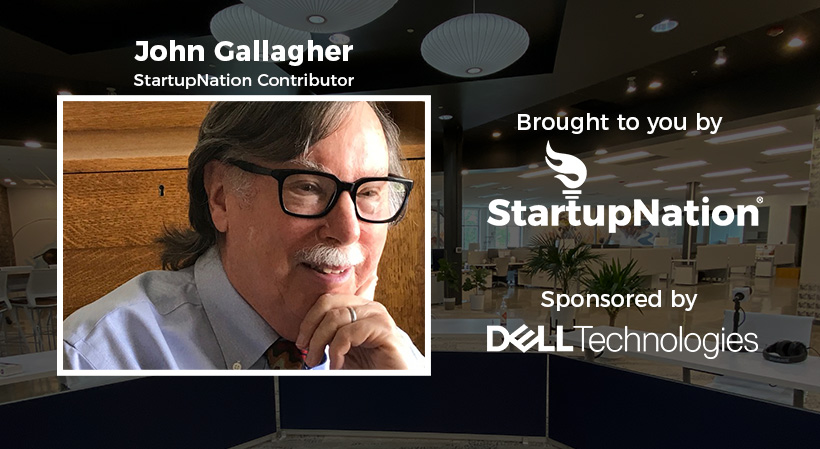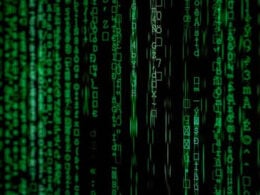Any entrepreneur hoping to start or grow a business could do worse than review the wealth of tips, lessons, encouragements, and examples offered last week during Detroit Startup Week.
Created and sponsored by Quicken Loans, Detroit Startup Week is an annual five-day celebration of all things entrepreneurial. This year’s version was held virtually due to coronavirus concerns, with attendees viewing sessions on Zoom or other media. All of the sessions were recorded and will be loaded to the Detroit Startup Week YouTube page.
Related: Detroit Startup Week 2020: Monday Recap
In roughly 75 sessions featuring nearly 200 speakers, Startup Week offered a little of everything. There were basic tips on approaching the media for a possible story. There was an informative tutorial on the capitalization of startups. There were sessions for female entrepreneurs, food entrepreneurs and minority entrepreneurs. There was a thoughtful discussion of social entrepreneurship featuring Dr. Marcus D. Harris, who emphasized that social entrepreneurs are just like other startups with one important difference.
“You still have to raise capital,” he said. “You still have to have a product or service that fills a customer or market need. What’s different is that now the goal is to pursue a social mission. You’re pursuing a social mission through commercial means.”
And there were tantalizing glimpses into the future. A session sponsored by StartupNation featured Dell Technologies’ guru of virtual reality and augmented reality, Gary Radburn. His message: the tools of AR and VR have overcome some of their early limitations like that feeling of nausea when encased in a headset and now offer new possibilities for all types of industries.
Related: Detroit Startup Week 2020: Thursday Recap
A quick definition: Virtual reality is the immersive experience when a headset-wearing user is in a world totally defined by the creator. Augmented reality keeps the user in the real world but projects needed info as in heads-up displays used by fighter pilots.
Training is a key area where AR and VR come into play in automotive design, health care and other fields, Radburn said. Training firefighters, say, to know what happens inside a burning building through VR is helpful. And there are plenty of consumer applications, too, especially if the tools can be loaded onto a special pair of glasses.
“You go to a university campus for the first time, a museum like the Smithsonian,” Radburn said. “Imagine if you’re wearing a set of glasses and all of a sudden the directions are laid before you on the floor.” He added, “It’s affordable. It’s useable. It’s now come to a point now where it really is the time for VR.”
And there was so much more. This year’s Detroit Startup Week is in the books. But if hopeful entrepreneurs review even some of the offerings, they’ll come closer to that mindset of success that all startups need.






